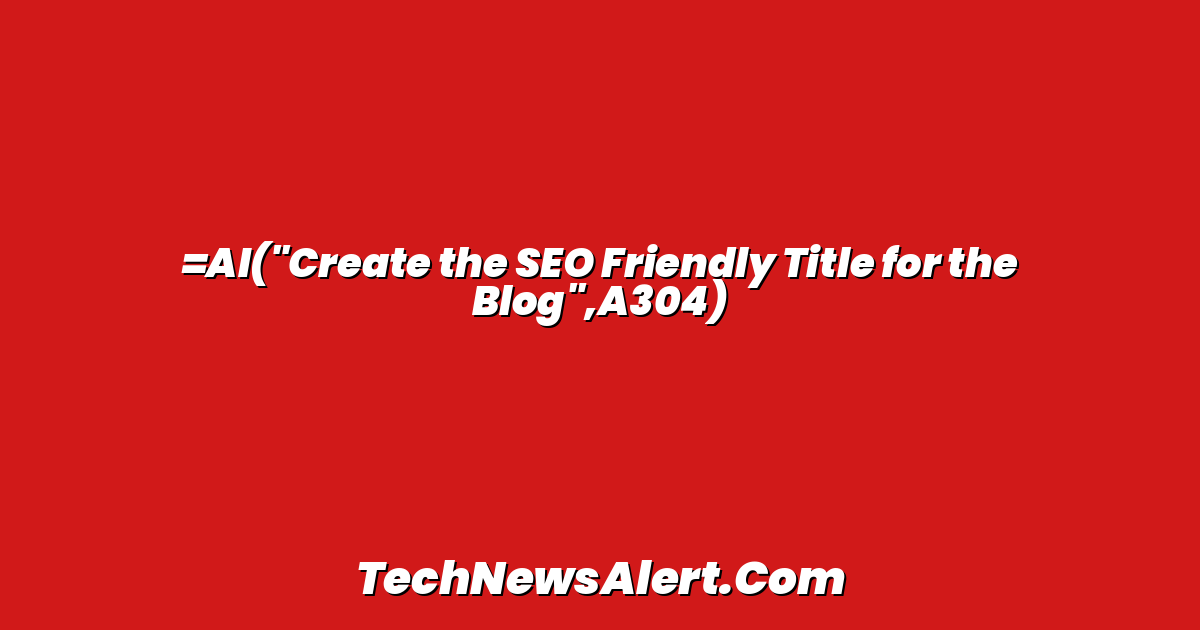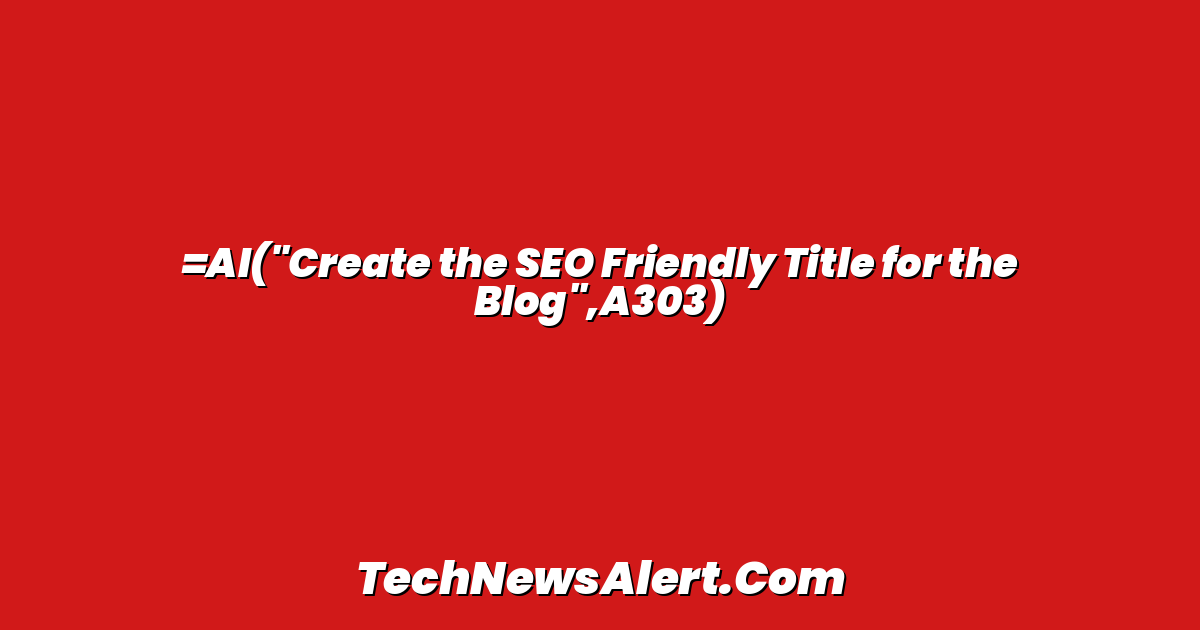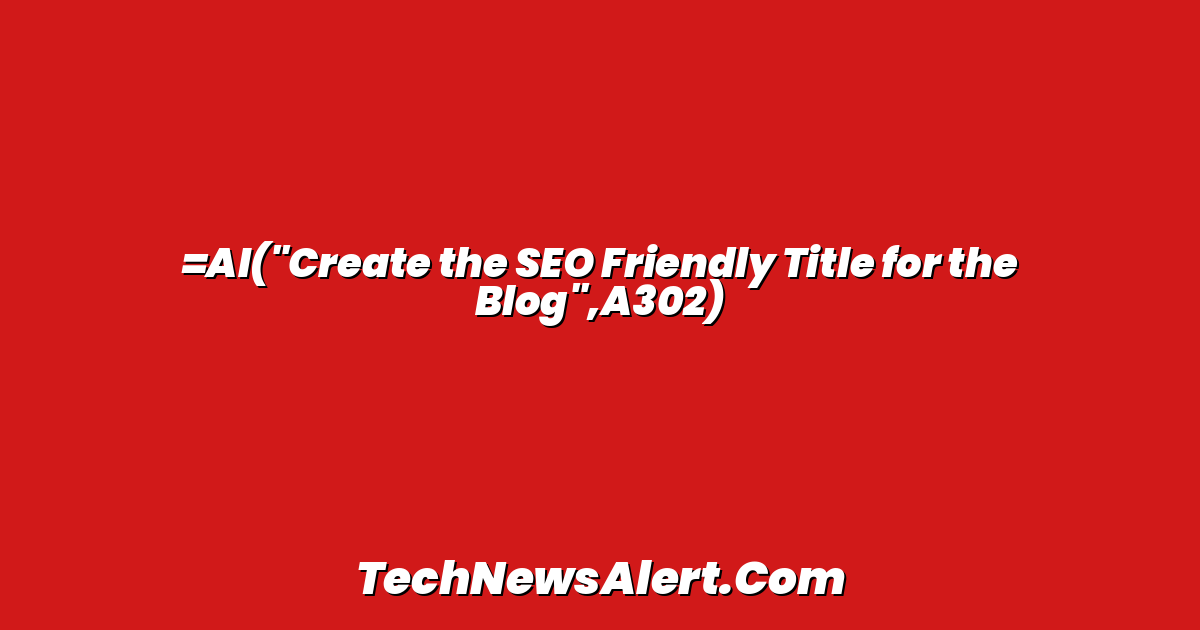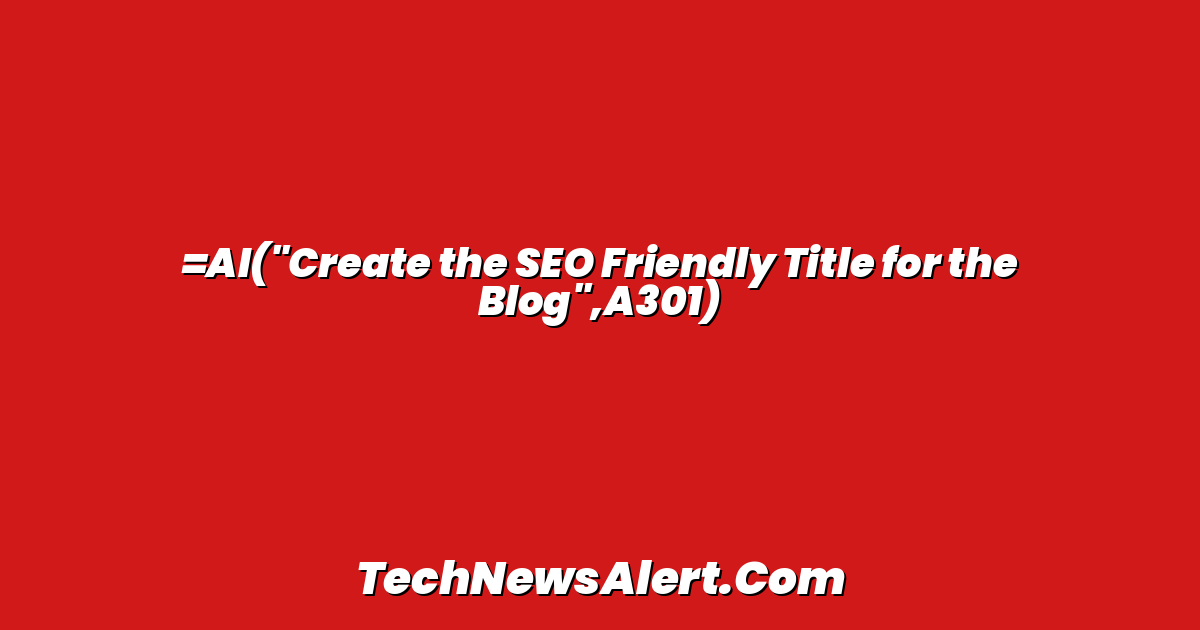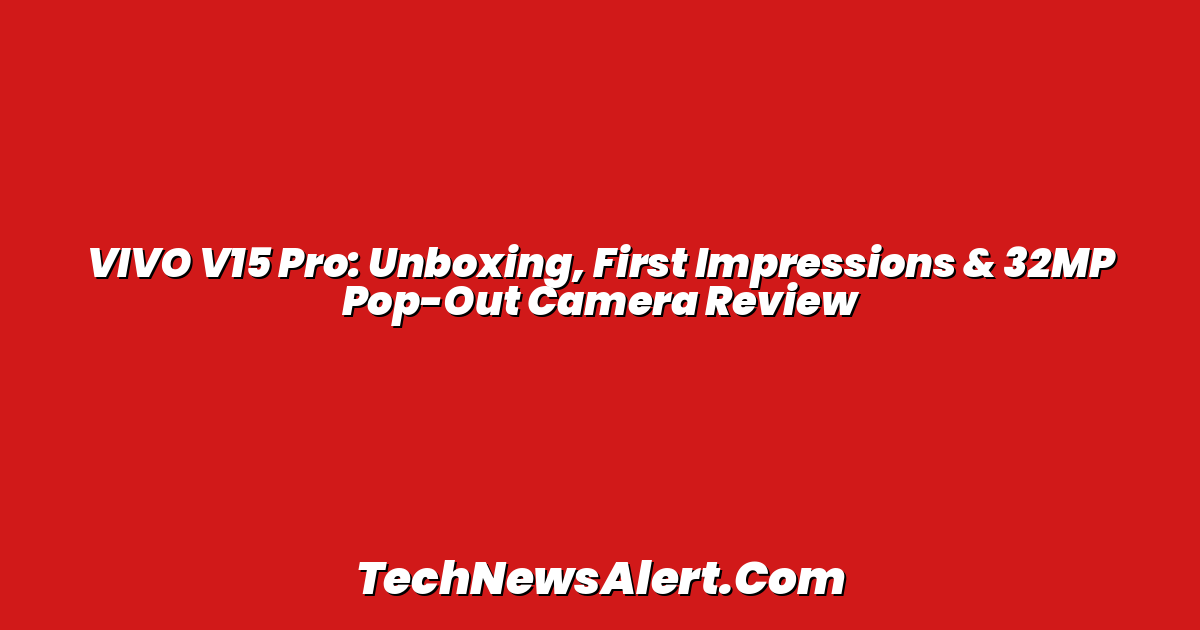5 Essential Google Ads Tips for Beginners to Avoid Wasted Spend
If you’re new to Google Ads, it can be easy to make common mistakes that waste your budget. Based on years of experience running campaigns for clients, here are five foundational tips to help you set up your campaigns for success, ensuring your ad spend goes toward attracting the right customers.
Tip 1: Master Your Location Targeting
One of the first and most critical settings to get right is your location targeting. By default, Google often sets this to “presence or interest,” which can be a significant drain on your budget. This setting means your ads could be shown to people who are not physically in your target location but have shown an interest in it. For example, someone in another country searching for “plumber in Sydney” could see and click your ad, wasting your money if you only service the Sydney area.
To fix this, you should change the setting to “presence.” This ensures your ads are only shown to people who are physically located in the areas you have chosen to target. For any service-based business, this is a non-negotiable step to prevent unqualified clicks from outside your service area.
Tip 2: Implement an Ad Schedule
Another default setting that can hurt performance is running your ads 24 hours a day, 7 days a week. While this might seem like a good way to get maximum exposure, it’s often inefficient, especially for lead-generation businesses. If your business, like a plumber or a law firm, relies on answering the phone to secure new clients, running ads at 2 AM when no one is available to take the call is a waste of money.
You should set up an ad schedule to run your campaigns only during your business hours. This aligns your ad visibility with your ability to respond to inquiries, maximizing the return on your investment. As your campaign gathers data, you can further refine this schedule by analyzing which hours of the day generate the most conversions and focus your budget on those peak times.
Tip 3: Utilize Negative Keywords to Cut Waste
Negative keywords are arguably one of the most powerful tools for optimizing your budget. These are terms you add to your campaign to prevent your ads from showing up for irrelevant searches. Without a solid negative keyword list, you will inevitably waste money on clicks from people who are not looking to buy your product or service.
The key is to think about the user’s intent. For instance, if you are a plumber, you don’t want your ad to show for someone searching “free plumber services” or “plumber jobs.” Common negative keywords to start with include terms like “free,” “cheap,” “jobs,” “how to,” “course,” “salary,” and “reviews.” Building a comprehensive negative keyword list ensures you are only paying for clicks from users with commercial intent.
Tip 4: Understand Keyword Match Types
Choosing the right keyword match types is fundamental to controlling who sees your ads. Google Ads offers several types, but for beginners, it’s best to focus on avoiding the one that can burn through your budget the fastest.
Broad Match
Broad match is the widest and least restrictive match type. It allows your ad to show for searches that are synonyms or related to your keyword. While it can be useful for discovering new keywords in large-scale campaigns, it is generally not recommended for beginners as it gives Google too much control and can result in a lot of irrelevant, costly clicks.
Phrase Match
Phrase match offers a good balance between reach and control. With this match type, your ad will appear for searches that include the meaning of your keyword. For example, the phrase match keyword “plumber Sydney” could trigger your ad for searches like “plumber near me in Sydney” or “Sydney plumber for hire.” This is an excellent starting point for most campaigns.
Exact Match
Exact match is the most restrictive type. Your ad will only show for searches that have the same meaning or intent as your keyword. For the exact match keyword [plumber Sydney], your ad would show for “plumber Sydney” or “Sydney plumber.” This is ideal for when you have identified high-performing keywords and want to target them specifically.
For new campaigns, it is highly recommended to start with a combination of phrase match and exact match keywords and to avoid using broad match until you have more experience and data.
Tip 5: Set Up Conversion Tracking (The Most Important Step)
This is the most crucial tip of all: you must have conversion tracking set up from day one. A conversion is any valuable action a user takes on your website, such as filling out a contact form, making a phone call, or completing a purchase. Without conversion tracking, you are essentially “flying blind.”
You have no way of knowing which keywords, ads, or campaigns are actually driving results for your business. You cannot optimize what you cannot measure. Conversion tracking provides the data necessary to make informed decisions, allowing you to pause what isn’t working and invest more in what is. If you do nothing else, make sure your conversion tracking is properly configured before you launch your campaign.

